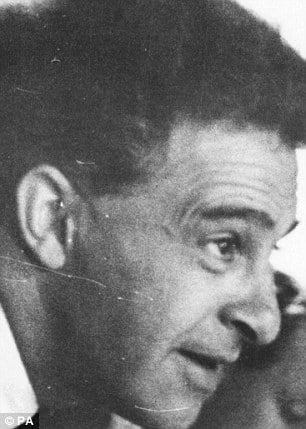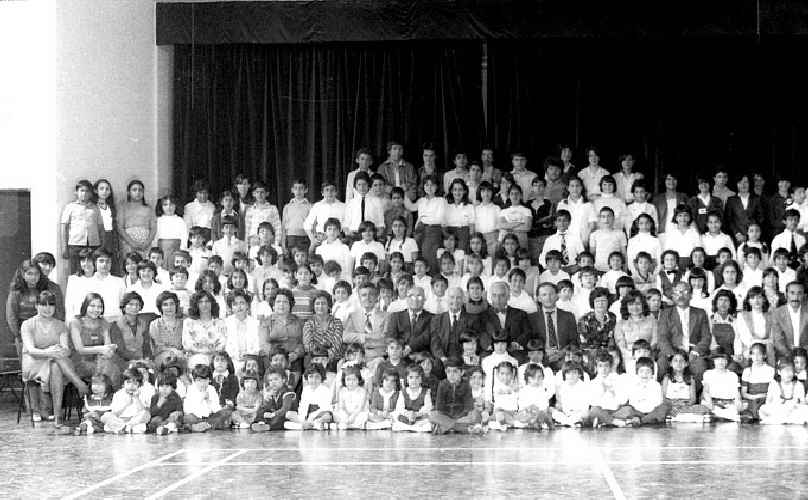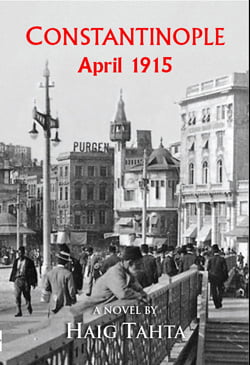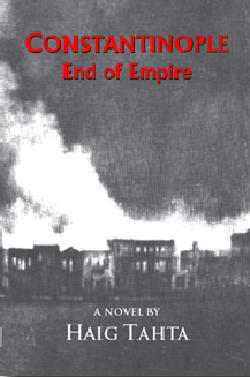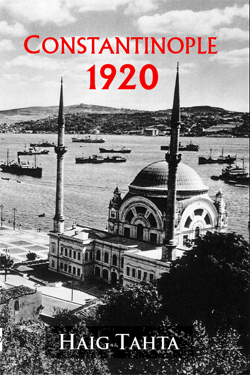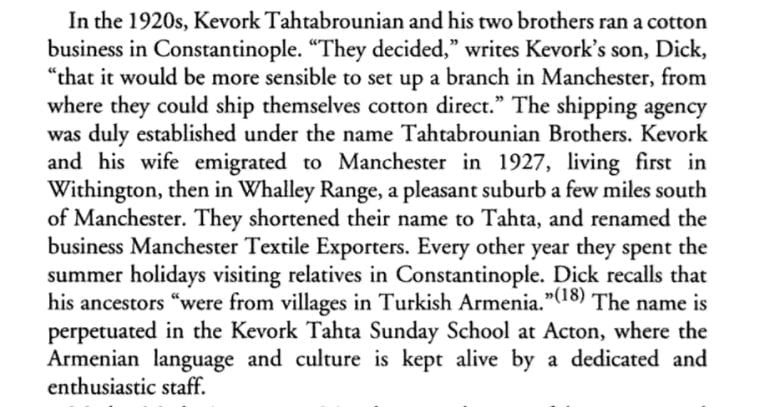Tahta family
Haig Tahta, one of our project contributors, wrote the story of his family and the arrest of 2 grandfathers for us: My father’s family – the Tahtabrounians – were from Kayseri. My mother’s family – the Atamians – were from Constantinople, Bolsetsi. At 18, my father, Kevork, won a scholarship to study electrical engineering at the University in Istanbul. He left Kayseri early in 1914, initially on horseback, with a servant, to take the train, 5 days journey away. He was fully enrolled as a student by the time war broke out in August. Initially, the Ottomans were neutral – but then made the fatal decision to join the War alongside the Central Powers by November. The Turks had plenty of peasant soldiers, but fewer trained officers – and accordingly all University students automatically became officers and had to attend the Harbiye once a week for training and drill, which my father duly did. In April 1915 at the moment the Allied forces landed at Gallipoli, the Ittihad government began its fatal campaign against the Armenian population. On the 24th my maternal grandfather – Karekin Atamian was arrested and immediately deported, one of 400 in Constantinople. On exactly the same day my paternal grandfather Garabed Tahtabrounian, one of 150 in Kayseri, was also arrested.
Slowly day by day the deportations in Anatolia became worse. Constantinople, containing Turkey’s allies’ embassies did not suffer the same. Soon it was the turn of Kayseri where apart from my grandfather, deported at the start, there was a large family still surviving. In those early days, any family that could show they had a son who was an Ottoman officer was exempted from the deathly deportations. My father managed to get a copy of his commission back to his mother – and this saved the family from the first wave of deportations. His younger brother however soon had to flee, and two married sisters (Aunts I therefore never had), not exempted, were deported and duly died.
Extract from Merchants in Exile The Armenians in Manchester, England, 1835-1935 by Joan George, Gomidas Institute, 2002

